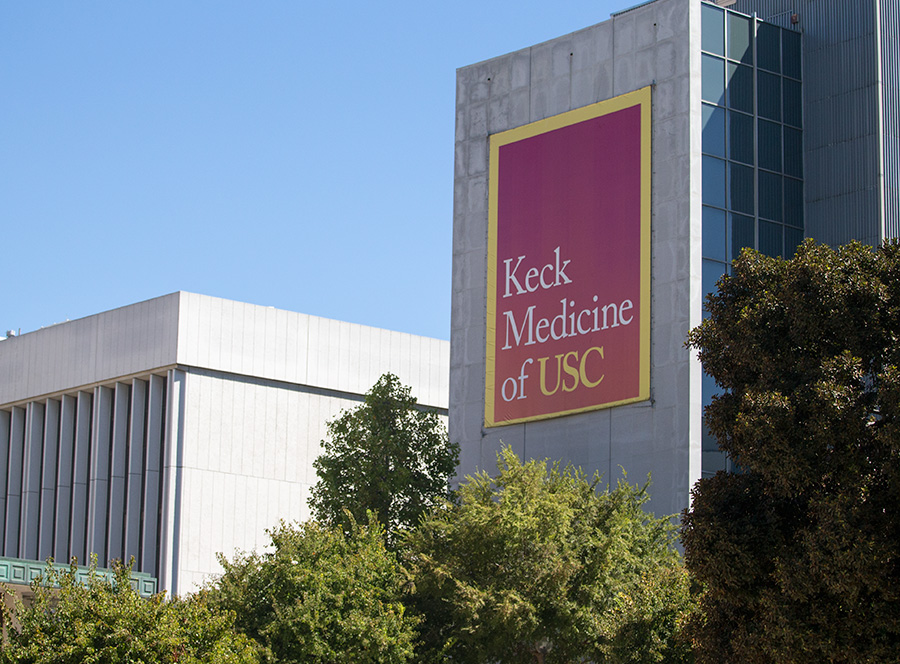Keck receives $43.7 million from National Cancer Institute
The Los Angeles Cancer Surveillance Program, the Keck School of Medicine of USC and USC Norris Comprehensive Cancer Center’s registry, has received a $43.7 million grant from the National Cancer Institute.

Led by Dennis Deapen, the Keck School of Medicine’s Los Angeles Cancer Surveillance Program has been collecting data and information on different cases of cancer among county residents since 1970. Daily Trojan file photo.
According to the CSP director Dennis Deapen, this award is an important step for widening the door for diverse cancer research and tracking incidents of this illness within Los Angeles.
“Without people like us collecting cancer data from a large, diverse population, cancer research primarily would be based on old, white men,” Deapen said in the press release. “That isn’t very useful for other ethnic and age groups because they have different genetic and environmental risk factors.”
NCI awarded the grant so that the program could continue to follow cases of cancer among Los Angeles County residents by tracking patterns and trends to enhance the prevention and understanding of them.
“We are the first line of defense,” Deapen said in the press release. “We identify cancer trends and pave roads that lead to better cancer prevention and treatment.”
Founded in 1970, CSP is the largest registry of the National Cancer Institute-funded Surveillance, Epidemiology and End Results (SEER) program.
The population-based registry currently holds more than 1.7 million records of cancer cases and collects around 44,160 more each year. To this date, CSP has a bibliography of over 3,300 publications contributed to scientific journals. As one of the largest registries in the United States, CSP depends on NCI funding to track Los Angeles County’s diverse population, which consists of more than 10 million people.
This grant follows the $1.5 billion that the National Institute of Health awarded the Keck School of Medicine and other nationwide organizations earlier this month. Both projects rely on Los Angeles County, one of the most ethnically, medically and demographically diverse counties in the United States, as a microcosm for international medical research.
“The CSP is one of the most productive cancer registries in the world, in terms of scientific contributions toward understanding the demographic patterns and the etiology of specific cancers,” the CSP website stated. “The consortium of 18 population-based SEER registries provides the federal government with a ‘snapshot’ of cancer incidence and survival across the United States.”
